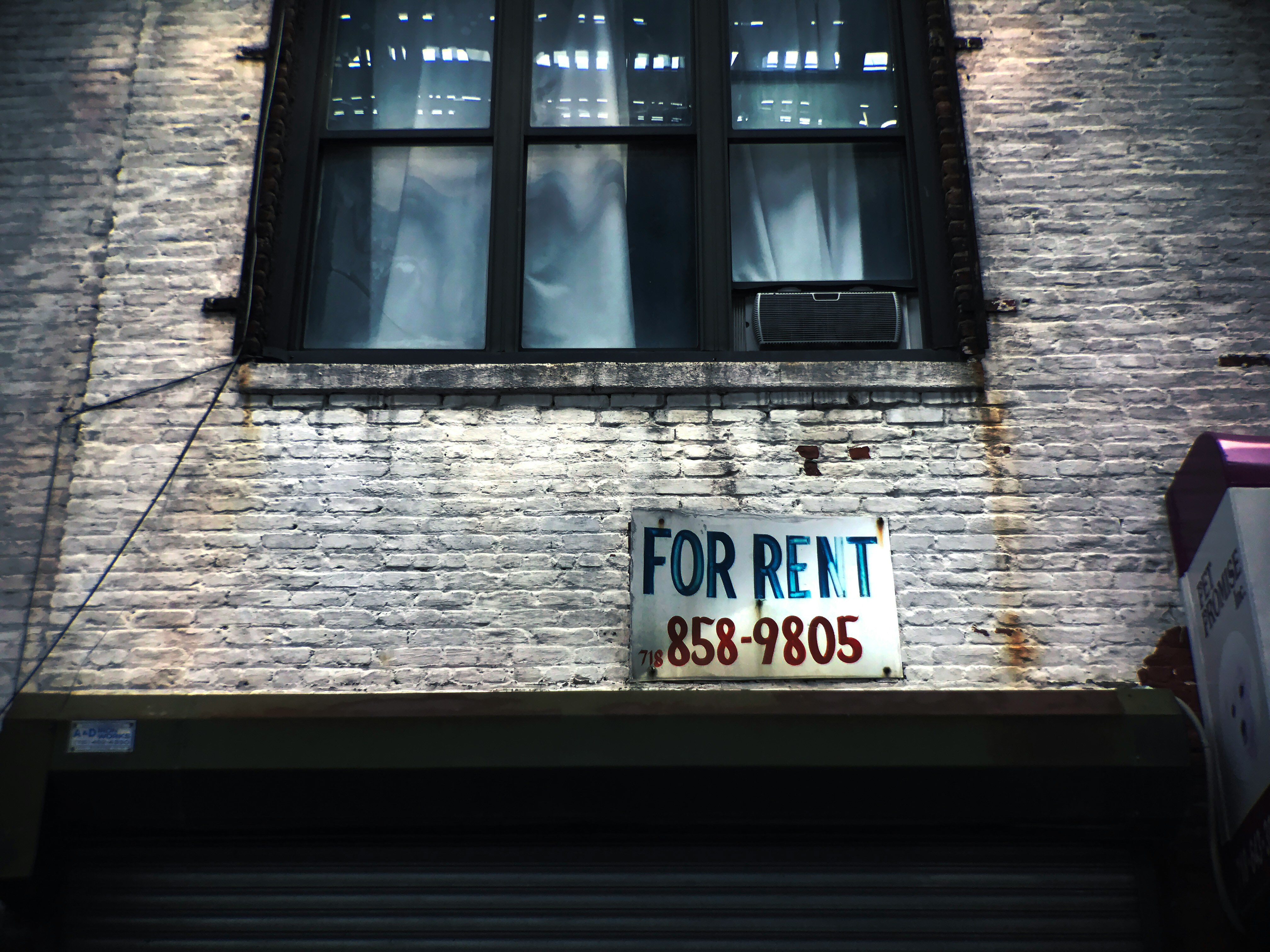Purchasing an investment property can lead to a source of passive income, but it’s important to understand the tax implications of an investment property owner before buying. Tax issues can be complex, certain rules aren’t entirely straightforward, and there are complex deductions that you are entitled to.
Rental income is taxable.

Rental income is considered taxable income, and you should know that your taxable rental earnings are subject to your tax bracket. Rental income is classified as passive income, which is great for you as an investment property owner because passive income isn’t subject to Social Security or Medicare taxes. Unlike active income, which is subject to the federal income tax rate, Social Security tax, and Medicare tax, passive income is only subject to the federal income tax. You will have to pay any applicable state and local income taxes on your rental income and pay taxes that are specific to rental properties.
It’s a good idea to work with a tax professional who can help you understand all of your tax implications. An accountant can make organized sense of your finances related to your investment property and prepare your taxes for filing. Tax return envelopes are an easy way to dress up tax returns and get them ready for filing. Mines Press offers a collection of multi-purpose tax envelopes including tax record envelopes, e-file authorization envelopes, tax software double window envelopes, and personalized sealable double window envelopes.
You can deduct certain expenses on your personal tax return.

As an investment property owner earning rental income, you can deduct certain expenses on your personal tax return. Any expenses related to the maintenance, upkeep, replacement, and repairs to the property can be deducted. Common examples of expenses include advertising and tenant screening costs, interest paid on mortgage payments, property taxes and hazard insurance, yard maintenance and pest control, land-lord paid utilities, routine maintenance costs, and property manager fees.
You can’t deduct the cost of home improvements, but you can recover some of your improvements by using a form to report depreciation. Say for example you upgrade your closet to accommodate your business wardrobe of petite work dresses. WHBM presents a petite women’s professional clothing collection with bespoke tailoring and feminine embellishments designed to flatter smaller frames. Their workwear collection includes body-shaping pants, cropped blazers, v-neck blouses, and sheath dresses designed to make women feel confident. Building a custom closet to house your work wardrobe adds functional space and value to the property, and some of the costs may be recoverable.
You’ll pay a capital gains tax if you sell.

One day you may decide to sell your investment property, however, there are tax consequences that come with the sale. Rental properties don’t qualify for the gain on sale exclusion, which means that appreciated value above the taxable basis is considered either a short-term or long-term capital gain. Capital gains taxes are paid at your regular income tax rate for any properties you’ve owned for one year or less. If you sell a property that you owned for more than one year, you’ll be taxed long-term capital gains depending on your income.
Owning an investment property opens the door to a wealth of revenue opportunities. There are several ways you can maximize your profits, all you have to do is follow some sage advice for managing real estate properties. LAUSD explains how investing in rental properties provides a source of passive income, how you can gain from becoming a real estate developer, and the benefits of flipping homes. Investing in the real estate industry can be a great entrepreneurial opportunity if you have expendable capital and hope to yield high profits.
Before purchasing an investment property, it’s important to understand your tax implications. Rental income is taxable income, you can deduct certain expenses on your personal tax return, and you’ll pay a capital gains tax if you sell the property.

